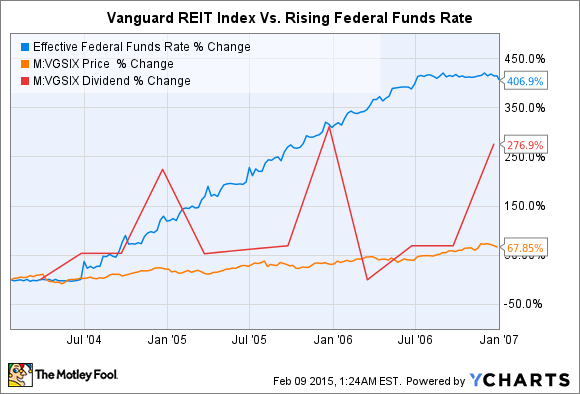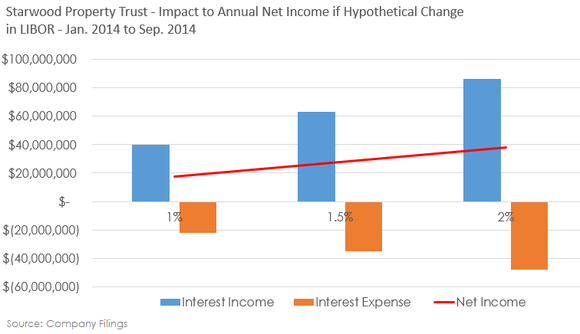Federal Interest Dividends
Post on: 4 Июль, 2015 No Comment

How to handle the portion of your mutual fund dividend that represents interest on federal obligations.
Some mutual funds invest in Treasury securities and other obligations of the United States Government. Interest received by the mutual fund will be included in the ordinary dividend you receive. This type of interest is fully taxable for federal income tax purposes, but may be exempt from state income tax.
State exemption for federal interest
In general, states are not permitted to impose an income tax on interest from federal obligations, even though this interest is subject to federal income tax. For purposes of state income tax, interest on United States savings bonds, United States treasury bills, and various other bonds or obligations of the United States and U.S. territories are exempt. (The exemption does not extend to Ginnie Mae Bonds, Fannie Mae Bonds, or FHLMC securities.) If your state has an income tax and you receive this type of income, look for a line on your state income tax return where you can exclude this interest.
Application to mutual funds
The rule applies to certain mutual funds on a flow-through basis. To qualify, the laws of most states say the mutual fund must meet a requirement that at least half its assets consist of obligations that are exempt from state income tax. If this is the case, the portion of the mutual fund dividend that represents exempt interest is excluded from income on the state form.
Reporting federal interest
Information about the amount of federal interest included in your mutual fund dividend won’t appear on Form 1099-DIV. Your mutual fund should provide this information in an annual statement or report, which may accompany Form 1099-DIV or may arrive somewhat later. If you believe your mutual fund has this type of income but you can’t find this information, contact the mutual fund or your broker.

There’s nothing special to do on your federal income tax return for this type of interest. It’s included in the ordinary dividend reported on Form 1099-DIV, and you should report it just like any other ordinary dividend.
To determine the proper reporting on your state income tax return, review the form and instructions carefully. Look for information about interest on savings bonds or other federal obligations.
Note: Some states don’t explain this rule in the instructions for their income tax return even though it’s part of the state income tax law. If you can’t find this information in your state’s instructions or publications, contact the state tax authorities to find out if you can exclude the portion of your dividend that represents interest on federal obligations.
Related
- Capital Gains, Minimal Taxes (book covers material discussed in these pages)
- Your Investments (easy access to related IRS forms and publications:)
- Capital Gains and Losses (discussion forum)














